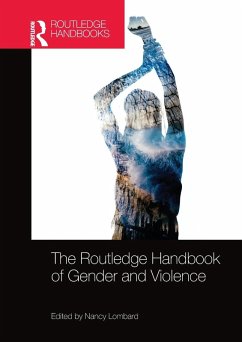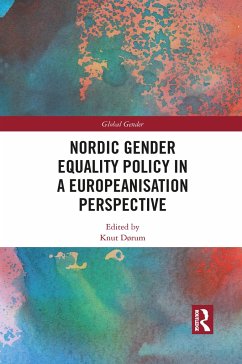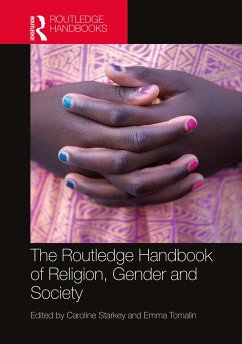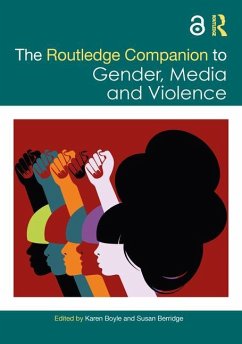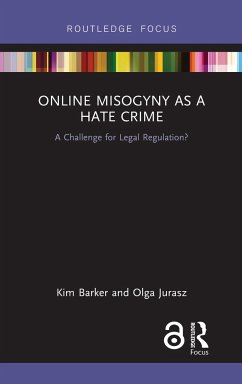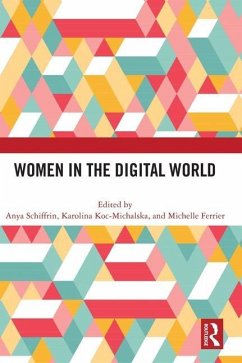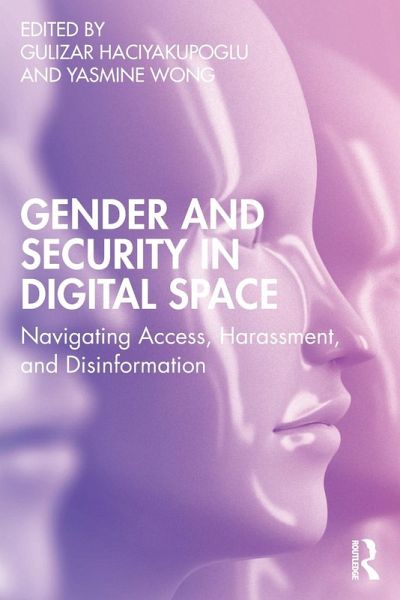
Gender and Security in Digital Space
Navigating Access, Harassment, and Disinformation
Herausgegeben: Haciyakupoglu, Gulizar; Wong, Yasmine
Versandkostenfrei!
Versandfertig in 6-10 Tagen
41,99 €
inkl. MwSt.
Weitere Ausgaben:

PAYBACK Punkte
21 °P sammeln!
Digital space offers new avenues, opportunities, and platforms in the fight for gender equality, and for the social, economic, and political participation of women and marginalised communities. However, the very same space plays host to gender inequalities and security threats with gendered implications.This edited volume ventures into complexities at the intersection of gender, security, and digital space, with a particular focus on the persistent problems of access, harassment, and disinformation. Scholars and practitioners in this volume tackle various facets of the issue, presenting an arr...
Digital space offers new avenues, opportunities, and platforms in the fight for gender equality, and for the social, economic, and political participation of women and marginalised communities. However, the very same space plays host to gender inequalities and security threats with gendered implications.
This edited volume ventures into complexities at the intersection of gender, security, and digital space, with a particular focus on the persistent problems of access, harassment, and disinformation. Scholars and practitioners in this volume tackle various facets of the issue, presenting an array of research, experiences, and case studies that span the globe. This knowledge lends itself to potential policy considerations in tackling inequalities and threats with gendered implications in cyber space towards digital spaces that are safe and equal.
This book is a must-read for students, scholars, and practitioners seeking to expand their knowledgeon the gendered threats in digital space and potential remedies against them.
This edited volume ventures into complexities at the intersection of gender, security, and digital space, with a particular focus on the persistent problems of access, harassment, and disinformation. Scholars and practitioners in this volume tackle various facets of the issue, presenting an array of research, experiences, and case studies that span the globe. This knowledge lends itself to potential policy considerations in tackling inequalities and threats with gendered implications in cyber space towards digital spaces that are safe and equal.
This book is a must-read for students, scholars, and practitioners seeking to expand their knowledgeon the gendered threats in digital space and potential remedies against them.






